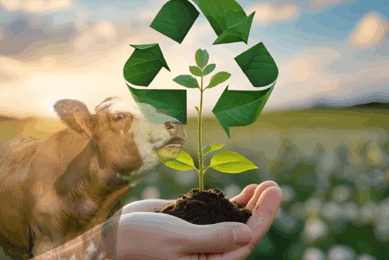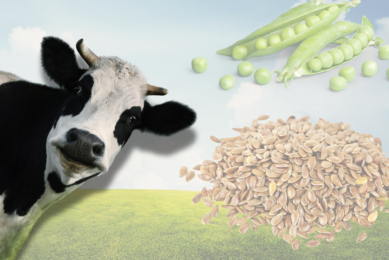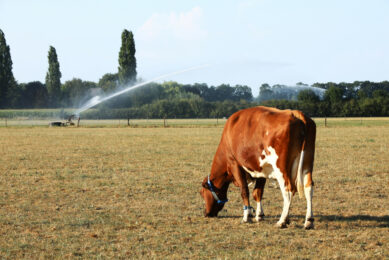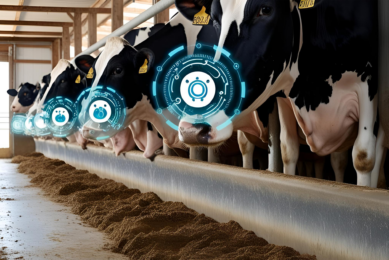Reducing methane with 30%
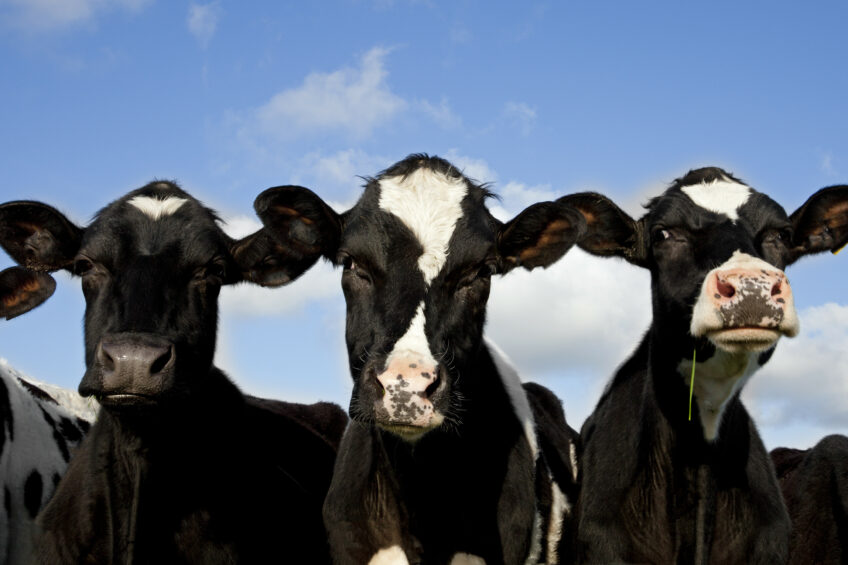
Farting cows adding methane to the atmosphere is becoming a hot topic of discussion around the world with fresh claims suggesting they produce 11% more of the gas than previously estimated.
There are around 1.5 billion cows on earth at any one time grazing and subsequently chewing their cud where the process of methane production begins. This number is estimated to rise to 2.5 billion cows by 2050. Scientists say a single cow can release up to 120kg of methane per year, which is being classed as bad for the environment as it is over 20 times more harmful than carbon dioxide.
Emissions are higher than estimated
With agriculture reported to be responsible for 18% of the total release of greenhouse gases, there is a big drive to reduce the amount of methane produced by cows, and one company seems to have a solution. Scientists have developed a natural animal feed supplement made from fruit and vegetables that can reduce methane emissions from ruminants and possibly reduce the use of antibiotics. Over the past number of years the additive called Mootral has been developed by UK researchers funded by the Swiss led life science group Zaluvida, in conjunction with leading European universities.
Scientists believe that global methane emissions produced by livestock are higher than estimated hence the drive to find a solution to the problem. Although there has been no scalable solution to reduce methane emissions from cows, the researchers claim Mootral can reduce them by at least 30%.

Based on natural plant flavonoids
Mootral uses natural ingredients such as organosulphurous compounds from garlic and natural plant flavonoids, including citric extracts, in lieu of synthetic products in feed, to improve rumen fermentation. The supplement works by suppressing the methanogenic bacteria present in the rumen, while leaving bacteria that aids in digestion intact.
As an extra benefit, Mootral’s natural plant flavonoids are known to have anti-inflammatory, antioxidant and antimicrobial properties, which the company says could help reduce reliance on antibiotics. Jamie Newbold, director of research and enterprise, Professor of Animal Science at Aberystwyth University and member of the Mootral Scientific Advisory Board of the Zaluvida Group said: “What is unique with Mootral is that we have taken the original concept of plant extracts and moved it forward and that the effects are repeatable and reliable and highly potent.”
Sustainable solution
The researchers say that by enhancing the value of organic and regional products, Mootral offers consumers the choice to help the environment while they continue to enjoy beef and dairy. This is also crucial, since cows play an important role in transforming biomass, such as grass, into valuable nutrients to feed a growing human population. Zaluvida’s group CEO Christoph Staeuble said: “I am delighted to present real beef from real cows that are no longer big polluters. “At a time when agriculture must feed more people every month, climate-friendly beef and dairy guarantees a sustainable solution to greenhouse gas emissions – with beef and dairy that is 100% authentic.”
Join 13,000+ subscribers
Subscribe to our newsletter to stay updated about all the need-to-know content in the dairy sector, two times a week.



